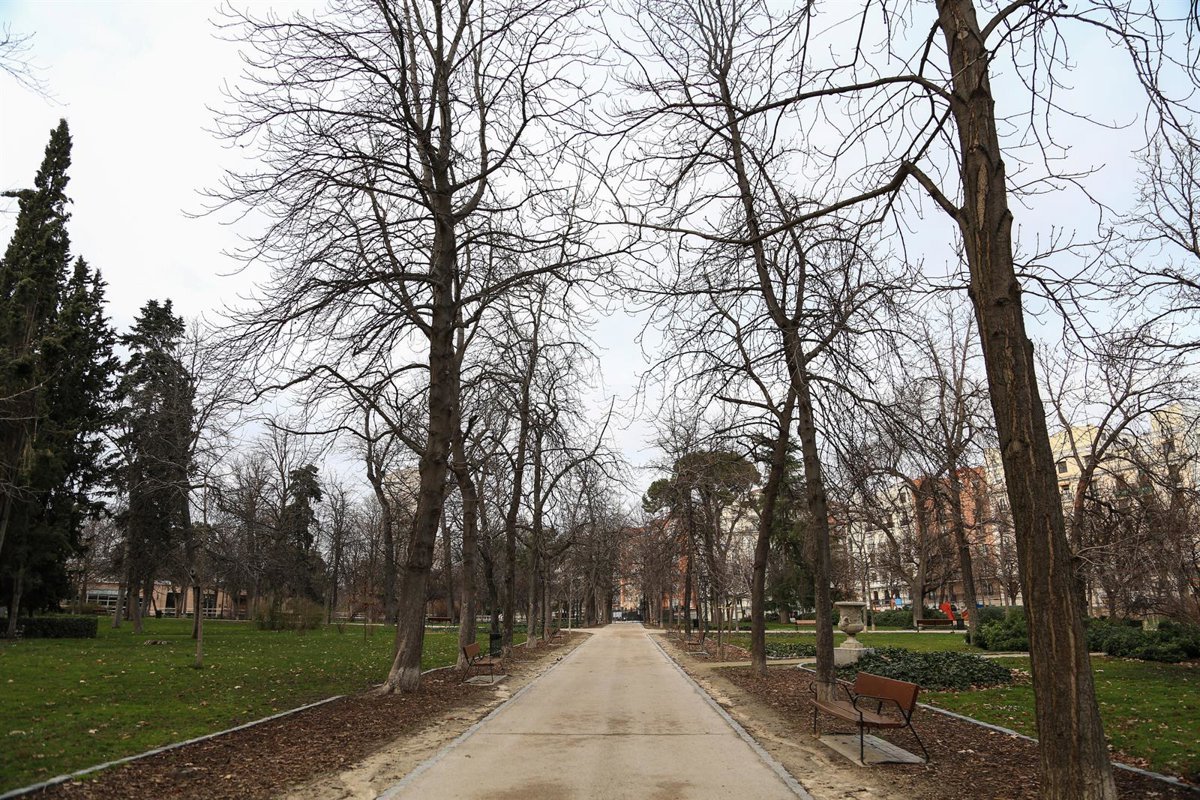988914.1.260.149.20250622110426
The President of the Community of Madrid, Isabel Díaz Ayuso, has held a meeting with the Minister of Education, Science, and Universities, Emilio Viciana, and the rectors of the public universities in Madrid who accompany her on her institutional trip to Miami (United States) to «gather their contributions and be able to incorporate them» into the new Law of Higher Education, Universities, and Sciences (LESUC).
This regulation will unify all higher education in Spain: universities and scientific research, higher vocational training, higher artistic education, sports education, and business schools, with the aim of bridging the gap between education and employment, and promoting continuous learning and professional development, as reported by the regional government in a press release on Sunday.
The purpose of this institutional trip to Miami by the region’s president is to attract investment to the region and reinforce its position as the global capital of Spanish-language studies.
The regional government has been working on the new regulations for universities for almost a year, with several measures already known from the various published drafts. So far, the negotiations have mainly focused on discussions with the rectors.
UNIVERSITY FINANCING
One of the most important aspects that the new law must address is the financing of public universities, which have been warning of the «financial suffocation» they are facing for months.
The draft proposes a financing model divided into three parts: a basic one for personnel and investments; another for specific needs, such as infrastructure; and a third for objectives. Additionally, it is proposed that public universities must «cover at least 30% of their total expenditure chapters» with «sources other than transfers made by the Community of Madrid.»
Regarding the objectives part, that 30%, the draft law mentions that public universities may establish «investment funds or other financial mechanisms aimed at obtaining resources for the deployment of their activities.»
Both unions and the university community have expressed their opposition to this new law through various demonstrations — the latest being on May 22 — and protests over the past months, as they believe it undermines «university autonomy, promotes a private university model, and prolongs underfunding.»



